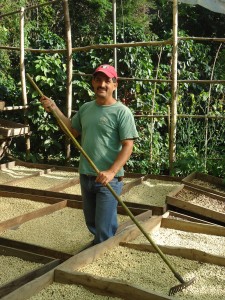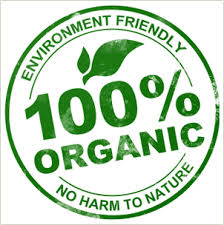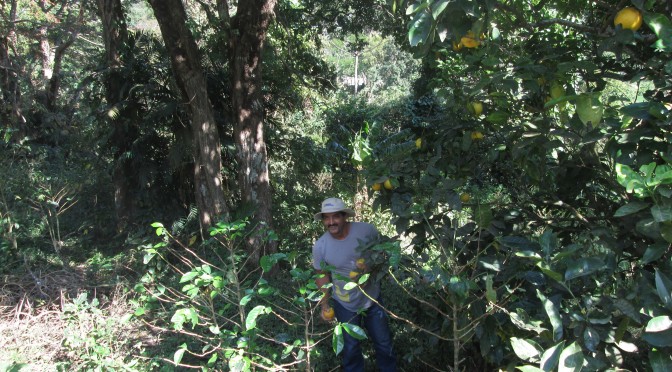Costa Rica has a long process that farmers and growers must abide by to get the title of “organic certified”. There are several agencies that can certify organic farming however the company that certifies Oldemar, the coffee farmer we visited, is called Ecologica.
There are observers that come to the farm consistently every few weeks to make sure that soil contents are in line with organic certification, the count of planted crops against indigenous crops are in balance, and general upkeep of the farm is in good standing. To help in the process of surveillance periods, Oldemar is required to keep a list of what he plants, what fertilizers he uses, as well as the daily operations of the farm. Even with all of this work the farm must also pay an additional fee every year to keep organic certification. Though this amount varies widely, according to the USDA the yearly fee ranges between 400-2000 dollars.

There are general guidelines that are important and must be met to be considered organic as well. This includes the exclusion of human excretions on a farm or the use of synthetic chemicals. The use of genetically modified organisms is also strictly prohibited. It is required that a transition period of 3 years be applied to land intended for organic growing. This means that any land that has been in touch with synthetic chemicals or conventional farming methods before hand must wait a 3-year period before you can sell products that are labeled as organic. For a more detailed description in the politics and policies that go into organic certification, please reference the USDA Organic Certification website. A general overview of the process can be broken down into several sections

- Compliance – Standards that have been set must be met in respect to facilities and production methods.
- Documentation- Detailed descriptions of farm activity as well as chemical testing on soil and produce must be kept in addition to an annual production plan that details everything that a farm might encounter in a year.
- Inspection- This portion varies between companies however it is generally expected that there be an annual farm inspection with a physical tour, examination of written records, etc.
- Fee- The annual certification fee must be met in order to label products as “organic”
http://www.ams.usda.gov


